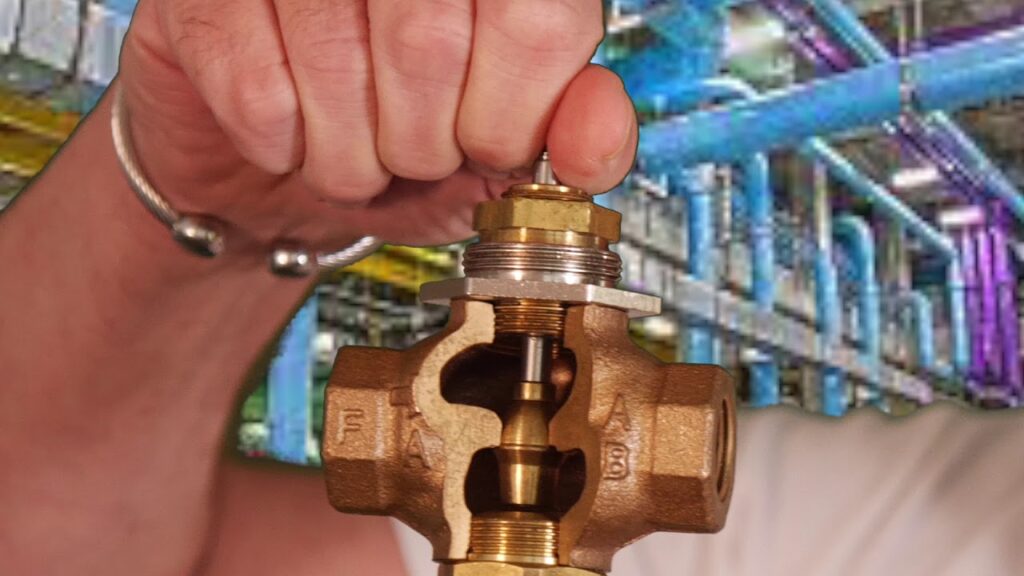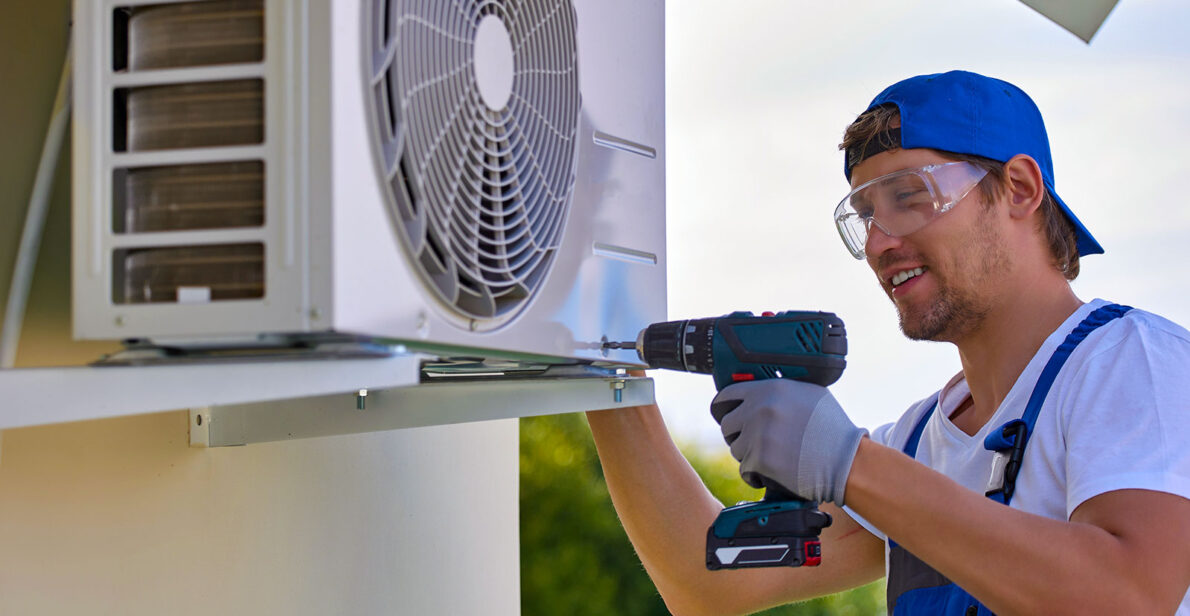Do you know what makes you feel cool indoors? That’s when your AC is working properly. Also, having an HVAC system that’s been properly installed and maintained is the key to that. An HVAC control valve is one of the most important parts of your HVAC system, but it’s often overlooked. So let’s talk about what HVAC control valves do and how they work.

What Is An HVAC Control Valve?
An HVAC control valve is a type of device that regulates the flow of air, water, steam, and other fluids. These certain valves are used in heating and cooling systems to control how much heat or cool air is delivered to your home. They can also be found in oil wells to regulate the flow of oil from one tank into another or storage tanks onshore.
Why Do You Need HVAC Control Valves?
When you have an HVAC system in your home or business, it’s important to have these valves installed as well. These HVAC valves are used to control the flow of air or water, temperature, pressure, and humidity of the air that enters your home or building. These valves can also be used to control gas or liquid in an HVAC system.
How Does An HVAC Control Valve Work With The Other HVAC System Components?
An HVAC control valve is basically a physical connection between the HVAC system and the building. It’s a closed system that isolates it from other parts of the building, so air can flow through but nothing else gets in or out. The control valve controls how much air is allowed into your home and helps regulate temperatures by regulating pressure within your home’s ductwork network.
These valves can be manually controlled by turning them on or off manually (by hand) or automatically controlled by sensors that detect temperature changes in rooms throughout your house. The more heat these sensors detect, for example, the more likely they’ll trigger a change at one of these valves, and vice versa: cold temperatures will cause less airflow through these same valves over time as well.
What Features Should You Look For In A HVAC Control Valve?
It’s important to consider the features of the control valves, but you also want to think about how they will work with your system and in your environment.
For example, if you live in an area that gets very cold in winter or very hot in summer, you may want a control valve that has a manual override feature. It is needed so that if your AC goes out when it’s really hot outside and everyone is home, then someone can open up an attic venting system effectively.

